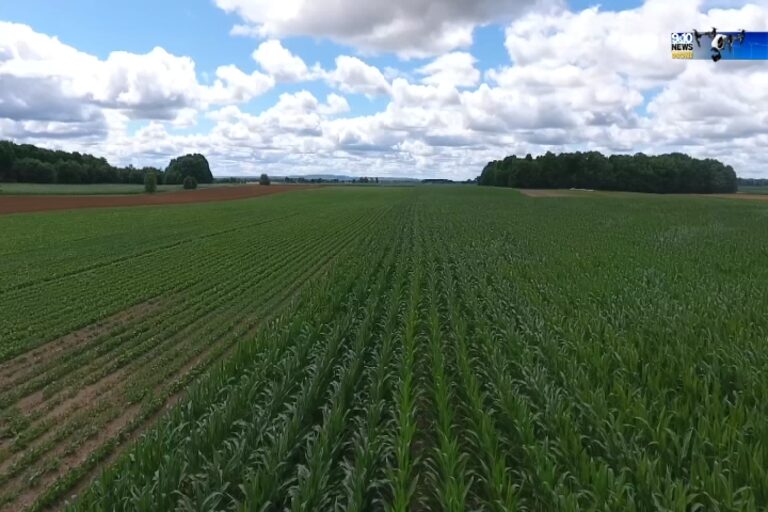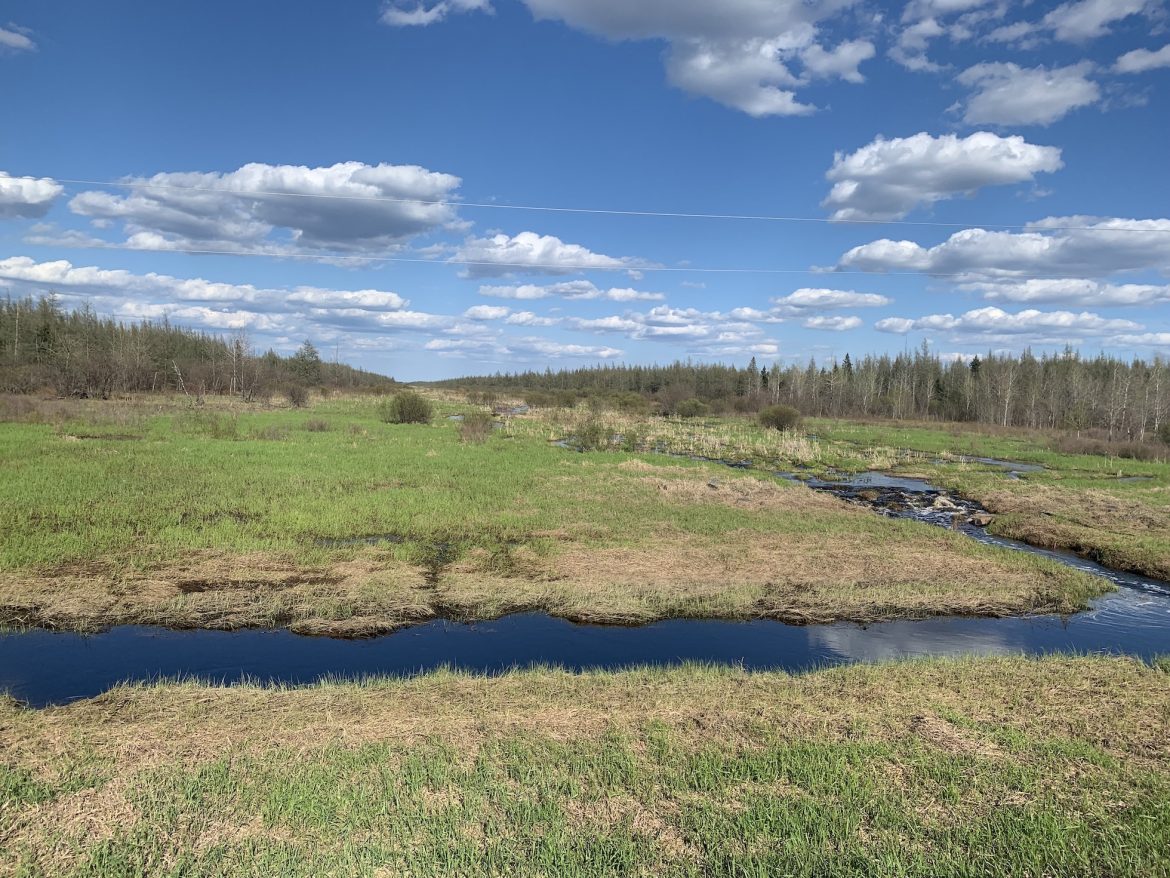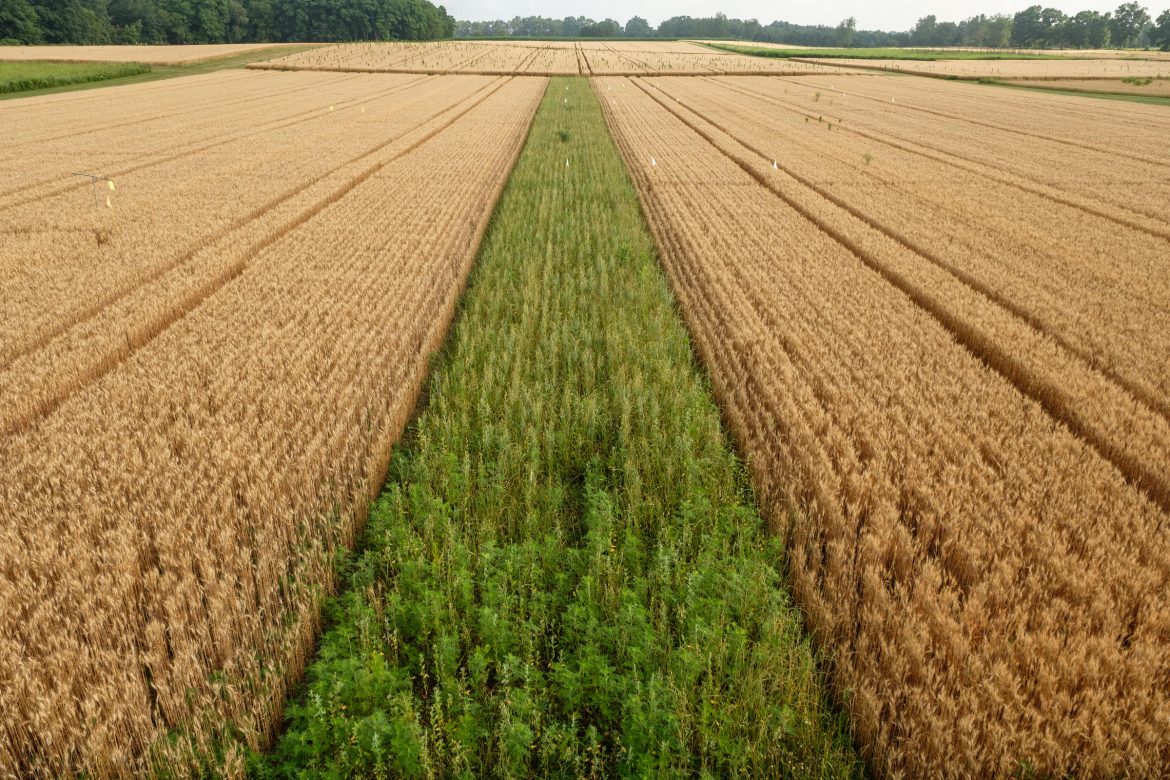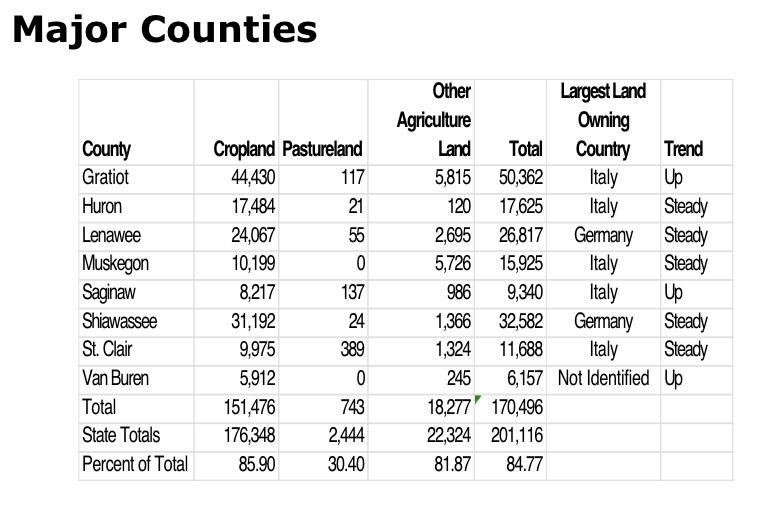By Gabrielle Nelson
Electric bicycle use is expanding, welcoming a new group of riders to the cycling community. But under current Michigan state park policies, the bikes are banned from many trails. That could soon change. The Department of Natural Resources has proposed a yearlong pilot program that would open 3,000 miles of trails to e-bikes. The change could take effect as early as July.














